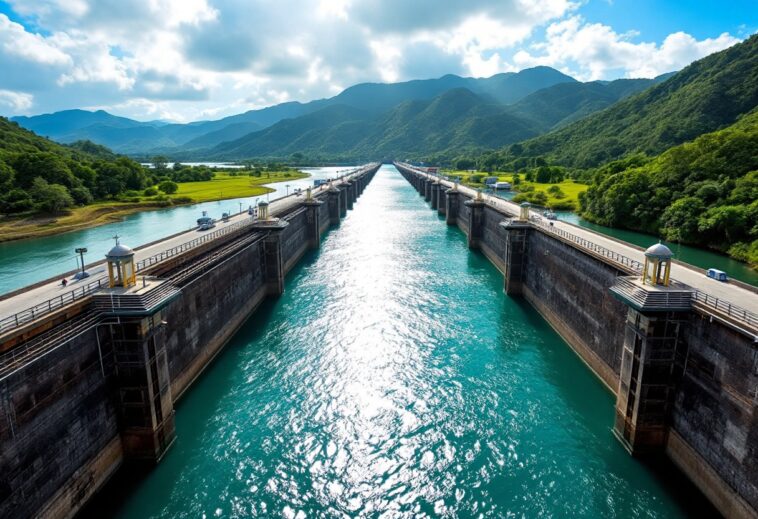Table of Contents
Understanding the Historical Context
The Panama Canal has long been a symbol of U.S. influence in Central America, a legacy that still resonates today. In recent discussions, President-elect Donald J. Trump made headlines by suggesting a military approach to reclaim the canal, which has been under Panamanian control since 1999.
This statement not only raised eyebrows but also stirred memories of a tumultuous past marked by protests and violence against U.S. occupation. The canal, a vital waterway for global trade, has been a point of contention and pride for Panamanians, who fought hard to regain sovereignty.
Reactions from Panama
In the wake of Trump’s comments, Panamanian leaders have expressed strong opposition. President José Raúl Mulino reaffirmed the nation’s sovereignty, stating, “The canal is and will continue to be Panamanian.” This sentiment echoes the feelings of many Panamanians who remember the sacrifices made during the protests of the 1960s, where lives were lost in the struggle for independence from U.S.
control. The recent commemoration of these events serves as a reminder of the deep scars left by foreign intervention and the ongoing desire for respect and recognition of national sovereignty.
The Impact on U.S.-Panama Relations
Trump’s remarks could have significant implications for U.S.-Panama relations, which have been steadily improving in recent years.
Analysts suggest that such threats may hinder efforts to broaden diplomatic ties and economic partnerships. The Panamanian government has been keen on fostering closer relations with the U.S., especially in areas like trade and security. However, aggressive rhetoric could lead to a cooling of relations, as it evokes fears of past interventions and undermines trust.
The younger generation in Panama, who are increasingly engaged in global discussions, may view these comments as a regression in diplomatic progress.




